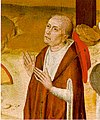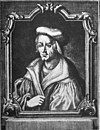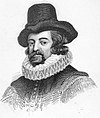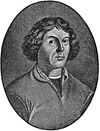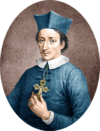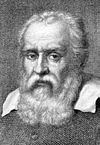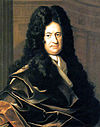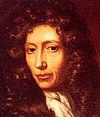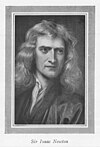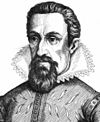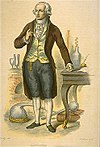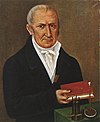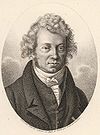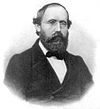harmonica
Diamond Member
- Sep 1, 2017
- 43,841
- 20,017
- 2,300
no--- you/christians made the statement ''there is a god''Well you made the statement...thus destroying 2000 years of thought by millions of humans. I had hoped you had a bit more to offer.the burden is on people that claim there is a god--as in a murder/crime trial the burden is on the prosecutors who claim someone committed a crimeCan you prove it?there is no god ..no heaven or hell...please get back to reality
..I can claim all kind of crap:
the Eiffel Tower grew 10 feet
there is a boogie man
the Amazon river grows paper cups
all kind of crap
just as I thought and know --you can't prove it ...
you initially say ''there is a god ''


